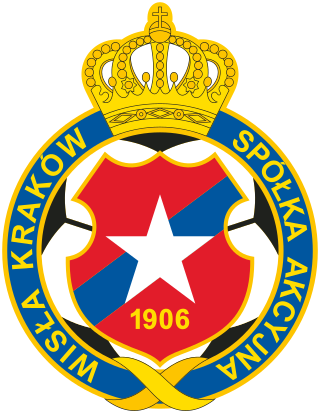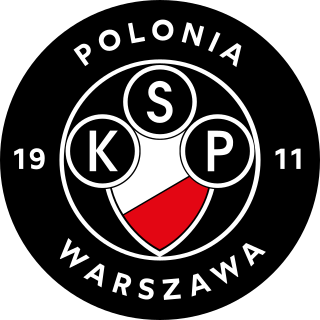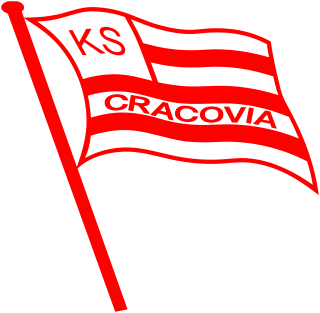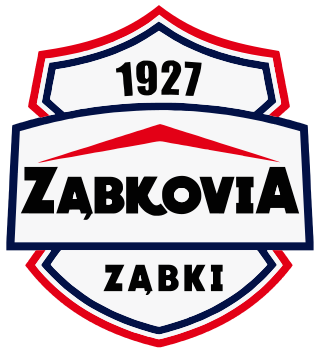Poland's sports include almost all sporting disciplines, in particular: football, volleyball, motorcycle speedway, ski jumping, track and field, handball, basketball, tennis, and combat sport. The first Polish Formula One driver, Robert Kubica, has brought awareness of Formula One Racing to Poland. Volleyball is one of the country's most popular sports, with a rich history of international competition. Poland has made a distinctive mark in motorcycle speedway racing thanks to Tomasz Gollob, Jaroslaw Hampel, Bartosz Zmarzlik, Maciej Janowski and Rune Holta. Speedway is very popular in Poland. They won the world cup (2014), and the Polish Extraleague has the highest average attendances for any sport in Poland. The Polish mountains are an ideal venue for hiking, skiing and mountain biking and attract millions of tourists every year from all over the world. Cross country skiing and ski jumping are popular TV sports, gathering 4–5 million viewers each competition, with Justyna Kowalczyk, Dawid Kubacki, Adam Małysz and Kamil Stoch as the main attractions. Baltic beaches and resorts are popular locations for fishing, canoeing, kayaking and a broad-range of other water-themed sports.

Towarzystwo Sportowe Wisła Kraków Spółka Akcyjna, commonly referred to as Wisła Kraków, is a Polish professional football club based in Kraków. It currently competes in the I liga, the second level of Polish football league system. It ranks fourth in the number of national titles won (13), behind Górnik Zabrze, Ruch Chorzów, and Legia Warsaw (15), and second in all-time victories. Wisła was founded in 1906 under the name TS Wisła.

Legia Warszawa, commonly referred to as Legia Warsaw or simply Legia, is a professional football club based in Warsaw, Poland. Legia is the most successful Polish football club in history, winning record 15 Ekstraklasa champions titles, a record 20 Polish Cup and 5 Polish SuperCup trophies. The club's home venue is the Polish Army Stadium. Legia is the only Polish club never to have been relegated from the top flight of Polish football since World War II.

Polonia Warsaw, founded on 19 November 1911, is the oldest existing sports club in Warsaw, the capital of Poland, best known for its football and basketball teams. It also has track and field, swimming, chess, mountain biking, and contract bridge sections. Historically it also had sections in ice hockey, fencing, tennis, volleyball, hazena, cycling and boxing.

Cracovia, is a Polish professional football club based in Kraków. The club is five-time and also the first Polish champion, winner of the Polish Cup and the Polish Super Cup in 2020. Founded in 1906, Cracovia is the second longest existing Polish club.

Radomiak Spółka Akcyjna, commonly known as Radomiak Radom, is a Polish football club based in Radom, Poland. The club was founded in 1910 and competes in Ekstraklasa, the top level of Polish football. They play their home matches at the Stadion im. Braci Czachorów.

Warta Poznań is a multi-sports club based in Poznań, Poland. The name means the Guard in Polish and also the name of the river Warta on which Poznań is located.
WKS Grunwald Poznań is a multi-sports club based in Poznań, Poland. The handball section had been champions several times whereas the field hockey section is one of the top teams not only in the country but in Europe. Other sections have been champions in Poland and have had Olympic representation.
Śląsk Świętochłowice is a Polish sports club based in Świętochłowice, Upper Silesia, known for its motorcycle speedway and football teams.

Robotniczy Klub Sportowy Raków Częstochowa Spółka Akcyjna is a Polish professional football club, based in Częstochowa, that competes in the Ekstraklasa, the top tier of national football league system.
Sport in Romania is an important part of the country's culture. Romania has risen to prominence in a number of sporting areas in recent decades. Association football is the most popular sport in Romania, a nation of 20 million. The most successful club is Steaua Bucharest, who were the first Eastern European side to win the European Cup and the European Supercup in 1986. Romania is one of only four national teams from Europe that took part in the first World Cup in 1930. The Romania national football team has taken part in seven FIFA World Cups and had its most successful run during the 1990s, when they reached the quarterfinals of the 1994 FIFA World Cup, losing to Sweden in the penalty shootout. Romania was ranked third by FIFA in 1997.
Sport in Croatia has significant role in Croatian culture, and many local sports clubs as well as the Croatian national squads enjoy strong followings in the country. The most enduring sport by far in Croatia is football, and is played on amateur and professional levels amongst all age groups across the entire country. Several other major team sports are handball, basketball and water polo, with clubs in all parts of Croatia. Ice hockey is another popular team sport, namely in the Croatian interior. The most popular individual sports in Croatia are tennis, alpine skiing, and swimming, and to some extent table tennis and chess. Various amateur sport games are popular in Croatia, notably picigin.

I liga, currently named Fortuna I liga due to its sponsorship by Fortuna, is the men's second professional association football division of the Polish football league system, below the Ekstraklasa and above the II liga via promotion/relegation systems. Run by the Polish Football Association (PZPN) since its inception on 30 May 1948. The league was renamed from Second League to First League in 2008. It is currently contested by 18 teams, from 2002 all clubs onwards must have a licence, issued by the Association.
Polonia Bydgoszcz is a Polish sports club based in Bydgoszcz most known for its speedway team ŻKS Polonia Bydgoszcz which currently races in the 1. Liga. The club has won the Polish Speedway League Championship seven times, the latest in 2002, and European Team Championship three times, the latest in 2001. The club also has a football team that plays in the lower leagues, though it was more successful in the past and played in the Polish top division, plus several other departments: athletics, cycling and boccia.
Bogdan Kowalczyk is a former Polish handball player who competed in the 1972 Summer Olympics and then became a handball coach; he coached the Iceland men's national handball team to victory in the 1989 World Men's Handball Championship of B teams and was later coach of the Polish national team. He is widely considered to be a major influence on the development of handball in Iceland.

Ząbkovia Ząbki is a Polish professional football club, based in Ząbki, Masovian Voivodeship. The club's colors are red, white, and blue. Its biggest successes were achieved when the club was called Dolcan Ząbki.
Poland Ekstraklasa, meaning "Extra Class" in Polish, named PKO Bank Polski Ekstraklasa since the 2019–20 season due to its sponsorship by PKO Bank Polski, is the top Polish professional league for men's association football teams.

Wybrzeże Gdańsk is a Polish multi-sports club based in Gdańsk, established in 1945, most known for its motorcycle speedway and handball teams, which compete in the 1. Liga and Polish Superliga, respectively.
In Polish football there have been four different League Cups with varying levels of success, but all were short-lived competitions, held irregularly over the years. The league cup competitions focused mainly on top division teams, in contrast to that of the Polish Cup which allows teams much lower down in the footballing pyramid to compete. The four League Cup competitions played in Poland are; the Young Leaders Rally Cup (1952), the League Cup (1977–1978), the Polish League Cup (1999–2002), and the Ekstraklasa Cup (2006–2009), the former three being organised by the Polish Football Association while the most recent competition was organised by Ekstraklasa SA.
Zygmunt Sochan was a Polish footballer who played as a midfielder, manager, and member of the Polish resistance movement in World War II.












